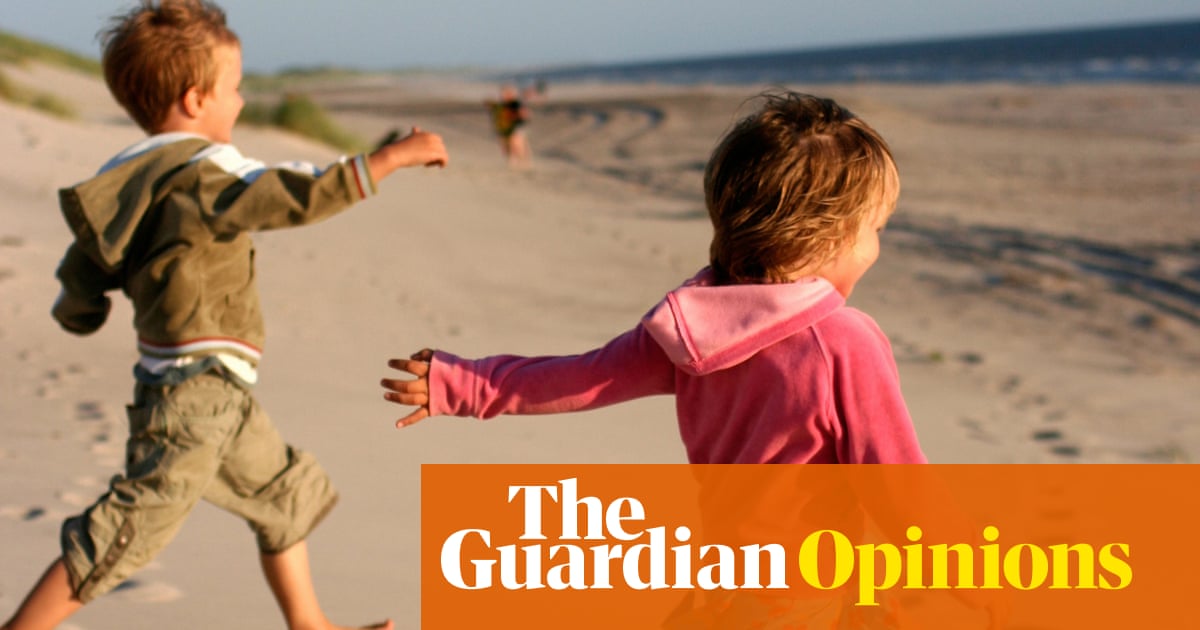
Back in 2012, the US Service Employees International Union (SEIU) launched the Fight for $15, a national campaign to raise the minimum wage by organising fast-food workers. It began with a one-day strike in New York City, and by 2015, it had spread to 200 cities across the US and organised the largest low-wage worker protest in US history, with over 60,000 workers marching or walking off their jobs.
Then in 2016, two community organisers from Living United for Change in Arizona (Lucha), Tomás and Alex, decided they wanted to bring the Fight for $15 campaign to Arizona. As Hahrie Han reports in Prisms of the People, they were told it was a bad idea: “People would tell us, like, this is not an issue in Arizona. Why don’t you do an immigrant one? Why aren’t you doing criminalisation, or voting? … If you go for this, you will fail. You will set progressive politics in Arizona back at least 15 years.”
Lucha began by focusing on small businesses, who they anticipated would object to a minimum wage increase, as they had in other states. After building relationships with small business owners through several months of one-to-one conversations, organisers persuaded 350 of them to back their campaign and endorse a policy that was bad for their bottom line because they cared about the greater good.
Instead of focusing on short-term mobilisation strategies, like social media outreach, advertising, direct mail and door-knocking, Lucha demonstrated the power of the slower process of building resilient, deep relationships through organising. Lucha approached the minimum wage fight not as a short-term issue campaign, but as an opportunity to build its organisational capacity and broaden its coalition.
By taking this longer-term, organisational approach, organisations such as Lucha and the Fight for $15 have transformed the progressive movement in the US. President Biden won in 2020 in part because he was a moderate candidate whom Obama-Trump switchers and anti-Trump Republicans could support. But he also won because voters across the country had spent years getting organised: Latinos and African Americans in Georgia, white women in the suburbs of Pennsylvania, and people in rural areas generally neglected by progressives. These voters recognised that building power in workplaces and communities was their most effective tool to create change everywhere from shop floors to town centres to Washington DC. And on election day, they showed they can deliver votes.
In the UK, there is much we can learn about how such organisations can improve the lives of working people, transform progressive politics, and reinvigorate democracy. We must start by breaking down the divisions between workplace and community organising. Too often we talk about the organisation of workers and of communities as if they don’t intersect. Yet workers aren’t detached from other parts of the public sphere; they are the people who comprise communities. The lines that divide workplace and community organising obscure the fact that both often target the same people who share the same interests.
This week, Sharon Graham won the election to become the next general secretary of Unite, Britain’s largest trade union. Graham heads Unite’s organising arm: Unite organising for power. Her leadership campaign was tightly focused on ordinary Unite members, highlighting the benefits she has helped them secure as an organiser over several decades, and promising to concentrate on concrete wins around jobs, pay, and conditions, instead of engaging with the “Westminster machine”. Under her leadership, she promised, Unite would “take back the workplace”.
Graham appears to understand the kind of work UK progressives need to do. Too often we favour short-term wins over long-term organising. We focus on using digital tools and demonstrations to mobilise a large number of protesters, rejecting political institutions instead of using them to win and secure change. In part that’s understandable, because we live in an overly centralised political system in which the opinions and votes of far too few people determine far too much.
But what the US experience shows is that slow-burn organising that approaches politics strategically, building power in the communities where people work and live, can have a huge effect on people’s lives, and the country’s politics. In the UK, the Labour party was originally formed to give workers a voice in parliament. It must now rediscover that role, and further embrace the organisations that represent modern Britain: traditional unionised workers, but also part-time gig workers, organised multi-racial communities, and workers whose jobs are threatened by the climate transition we urgently need.
A healthy democracy needs more than a voting public that sporadically engages in politics through elections or referendums, alongside political elites in parliament. It needs organisations that help people experience what collective power can accomplish, from community organising to strong trade unions that build workplace power. It is those organisations we badly need in Britain.
To generate a more successful and sustainable progressive politics, and to re-energise UK democracy, we should embrace and engage in organising up and down the country, in our communities and our workplaces. Perhaps Graham’s victory will be the start.
Ellie Mae O’Hagan is the director of the Centre for Labour and Social Studies. Josh Simons is director of People’s Action and a research fellow in technology and democracy at Harvard University












